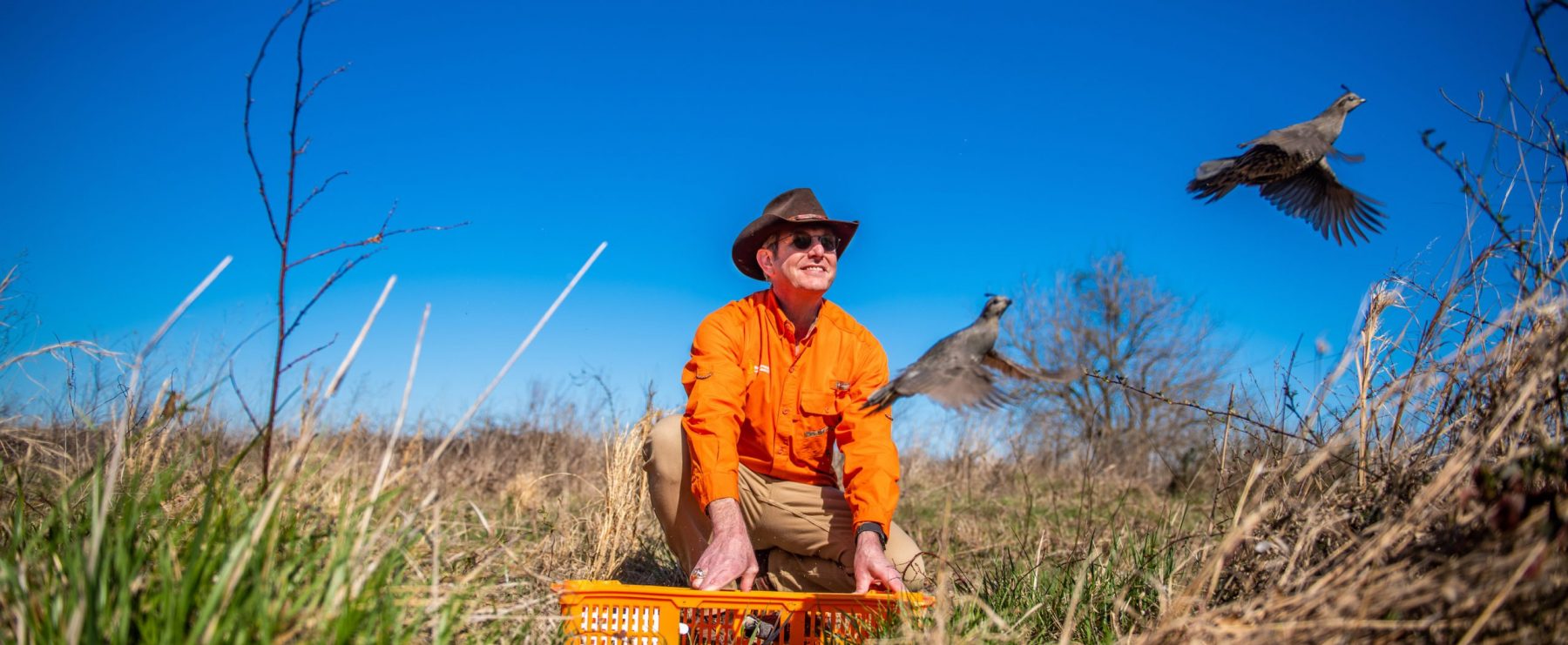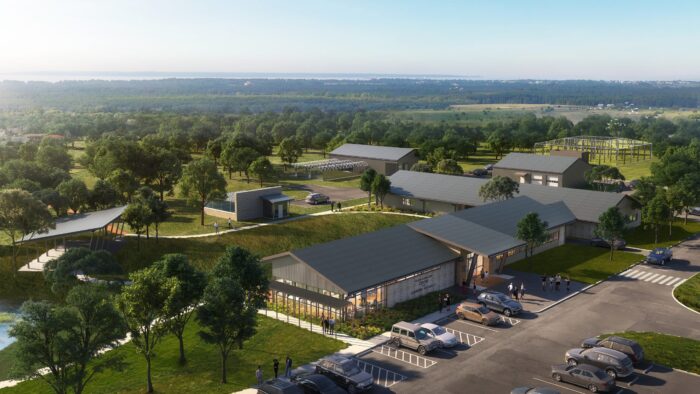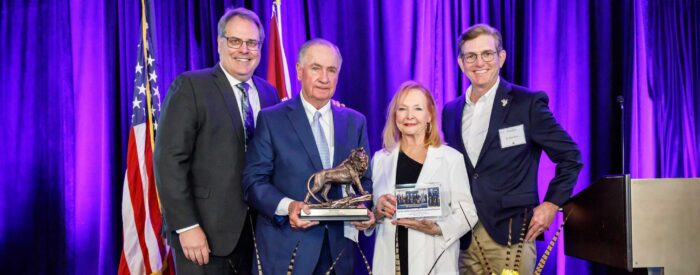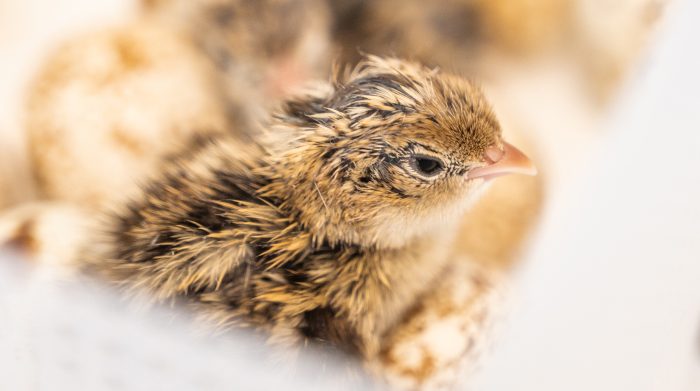
A&M-Commerce Experiencing Success with Vital Quail Translocation Effort
With Texas’ native Bobwhite Quail population down for another quail season, the path to a more sustainable quail population in Texas is underway thanks to efforts by The Quail Research Laboratory at Texas A&M University-Commerce.
The final report for the lab's Valley Quail translocation project was released earlier this fall. In it, the researchers, led by Dr. Kelly Reyna, director and assistant professor of wildlife and conservation science at A&M-Commerce, detail the goals, methods and results of their study.
The translocation project began in 2018 and since then, 748 wild Valley Quail were successfully transplanted from Idaho to Texas.
A major impetus behind the project is the dire situation that native Texas quail currently face. Since 1967, Texas Bobwhite Quail populations have declined 80%. This, in turn, has lead to a sharp decline in quail hunters. Reyna indicated that the number of quail hunters has declined by 60% in Texas since 1998, which causes bigger issues, such as the loss of millions of dollars to the Texas economy. But this decline spells doom for the quails as well.
“Quail hunters are one of the biggest contributors of quail conservation dollars,” Reyna said. “So, losing them means less money is available to sustain the birds.”
But it's not the hunters who are causing the major decline in the quail population. Research indicates that the massive population loss is mainly due to the loss of habit and human encroachment.
The translocation project was undertaken to determine the feasibility of creating a sustainable quail population in Texas and it is the state's first effort to do so with Valley Quail. Reyna says that Valley Quail were chosen because they possess several advantages over the native Bobwhite: They roost in trees instead of on the ground; they rely less on insects in their diet; and they have shown themselves to be more adaptable to human encroachment than their Texas cousins.
Reyna says that, of the birds that have been translocated so far, his team has already seen mating behavior, eggs and juveniles, which indicates that progress is already being made toward a sustainable population.
“A hen can produce between 12 to 24 eggs,” Reyna said. “We could see a population explosion with favorable weather, meaning a rainy spring and a milder summer.”
He added that one of the last large-scale Valley Quail translocation efforts took place in New Zealand, where it took about a decade to establish a sustainable population. The Texas translocation project may also require some time to get established.
“What we have seen is already promising,” Reyna said. “We are expecting to have a sustainable population in about five years.”
The entire research project came in under the budget of $249,000, which was provided by a grant from Texas A&M Agrilife Extension. In addition to Reyna, researchers Jeffrey Whitt, Sarah Currier, Shelby Perry, Garrett Rushing, Jordan Conley, Curt Vandenberg and Erin Moser contributed to the final report. Multiple landowners, trappers, regional and state agencies in Idaho and Texas and many others also worked to put this project in motion.
Reyna hopes that the success of the quail project will spur further funding for another quail-related effort: The Texas Quail Restoration Initiative. A request is being lodged with the state legislature for $6 million in biennial funding for this initiative that focuses on restoring native Bobwhite Quail, statewide.
The funding would be used to establish quail research stations and habitat corridors to reduce habitat fragmentation, conduct large-scale monitoring across the state, research the profitable integration of agriculture and quail management, develop a quail stakeholder network and create a statewide restoration plan for quail and grassland birds.
But, for now, Reyna says this most recent report has been a success.
“I would say that our results so far have exceeded our expectations,” Reyna said.
See the report.
More Quail
View All Quail
Saving the Quail: The Center for Gamebird Research at East Texas A&M is Restoring a Valuable Texas Resource
The Lyon Center for Gamebird Research at East Texas A&M University is poised to tackle the gamebird population crisis head-on.

A&M-Commerce Hosts Luncheon to Celebrate Lyon Center for Gamebird Research
Texas A&M University-Commerce hosted a luncheon at the Hilton hotel in Rockwall, Texas, on Tuesday, April 16, to celebrate the university's planned Ted and Donna Lyon Cente...

Ted and Donna Lyon Center for Gamebird Research Planned for Texas A&M University-Commerce
Texas A&M University-Commerce will soon be home to an innovative gamebird research and education facility, thanks to a historic gift from alumnus Ted B. Lyon and his wife, Do...


